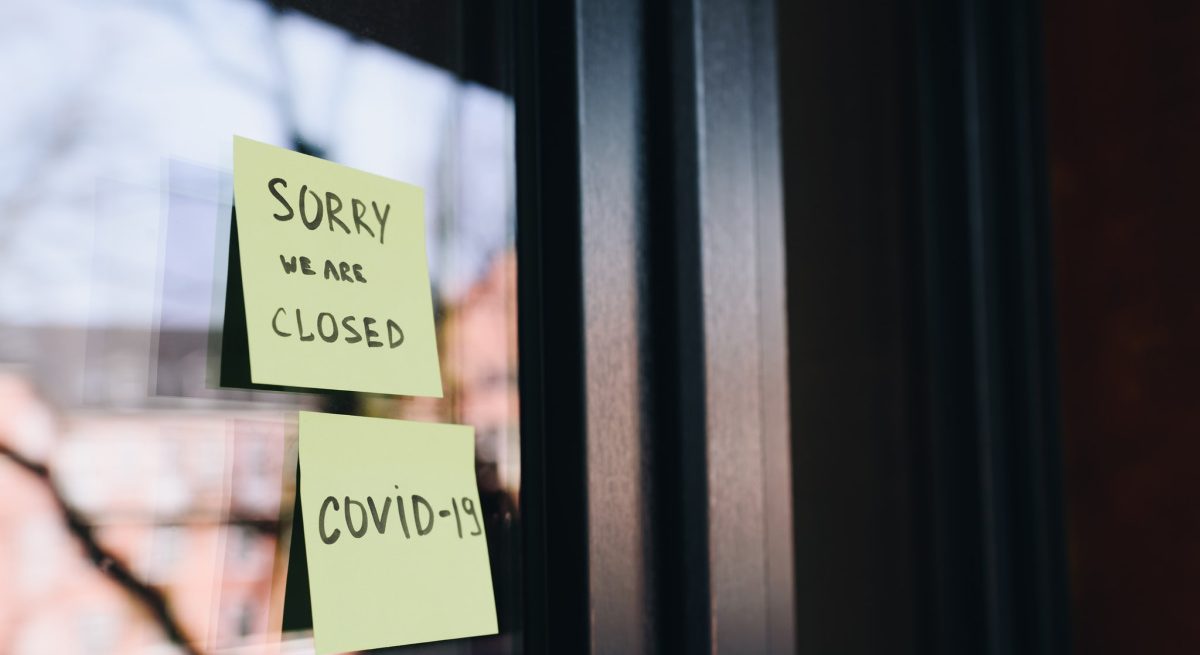French Court Orders Insurance Company to Pay Restaurant COVID-19 Claims
4 Min Read By Imran Malik
In what has been a closely watched case, a court in France recently ruled that France’s largest insurer must pay on a claim brought by a restaurant forced to shut down due to the COVID-19 outbreak.
The ruling has sent shockwaves through the industry with many law firms already making inquiries into the actual language of the policy. Furthermore, arguments in the United States are already developing that certain commercial policies may afford coverage for loss of business income due to the COVID-19 outbreak.
At first glance, business interruption coverage would appear to be an easy claim to file for relief as the COVID-19 crisis continues. After all, businesses were forced to close down for a period due to no reason of their own; therefore, coverage should be afforded. Many insurance companies, however, have already begun to signal their intent to deny pandemic-related claims.
What Is Business Interruption Insurance?
In many states, first-party commercial property insurance policies typically include coverage for decreased or lost earnings due to a covered peril that necessitated suspending business operations. In other words, if a restaurant must close or cease operations because of a covered peril, such as a fire, its insurance company will cover the restaurant’s fixed costs and profit loss during the time it takes to repair or restore the property.
This business interruption coverage may be included in an endorsement in a restaurant owner’s commercial all-risk property insurance, or it may be a separate, standalone policy. Whatever the case, the loss of earnings has to have occurred due to the suspension of business that resulted from a covered cause of loss, and insurance companies usually require direct physical damage to covered property for this type of coverage to apply.
While it might seem clearcut, determining what constitutes “direct physical damage” is not always easy. For example, if a restaurant closes its doors because the building it’s housed in is on the verge of collapsing, can the resulting loss of profits be interpreted as a loss due to direct physical damage? The damage has not yet occurred, but the threat of damage is very real. In cases like this, ambiguities arise that may be applicable to the current situation.
COVID-19 and Business Interruption Insurance
Since it appears that the existence of COVID-19 in a commercial environment poses a direct threat to employees, customers and the business itself, restaurants and their legal counsel might be tempted to conclude that it constitutes direct physical damage. Again, however, the applicability of the concept of direct physical damage to the existence of the virus in a particular context is not straightforward.
To analyze the applicability of the concept of direct physical damage, the effect of the virus’s presence on a business must be considered. Does the virus’s presence mean that the restaurant is inoperable, or the physical property is uninhabitable? Perhaps not, since the restaurant could be sanitized. Does the fact that people who came in contact with the virus at a place of business became infected mean that the restaurant must close and therefore suffer losses? Again, perhaps not.
Another thing to consider is that insurance policies often contain exclusions for pollution and contaminants that could be interpreted to exclude coverage for losses due to a virus. In addition, even if viruses are not explicitly included in the exclusions, an insurance carrier could hold that they are indeed a pollutant.
Insurance Industry Statement on Business Interruption Coverage
The response of four national insurance industry organizations’ leaders to a letter from a bipartisan group of U.S. House members provides guidance on this issue. The representatives argued that COVID-19 related losses should not be included in business interruption coverage. The insurance industry leaders responded in no uncertain terms, saying, “Business interruption policies do not, and were not designed to, provide coverage against communicable diseases such as COVID-19.”
Here’s what we still don’t know, though: Does this “decree” apply to all business interruption policies? Will there be special instances of applicability? Will different insurance companies apply different criteria in determining applicability? Will the courts side with insurers on this issue? This week’s ruling in France certainly offers some insight for speculation, as many are considering the case as a potential precedent for the applicability of business interruption insurance on COVID-19 claims worldwide.
What Restaurant Owners Should Do Now
To get answers to your questions about business interruption insurance, restaurant owners should have an experienced insurance claim attorney examine their policy. Like the industry organization leaders who responded negatively to the congressional representatives’ request, insurance agents and insurance company representatives might be quick to assert restaurants are not covered for COVID-19 related losses.
However, as we have seen in France, there might still be situations in which filing and litigating a claim might makes sense. Restaurant owners should consider connecting with a qualified insurance attorney in their state who can closely and carefully analyze their policy, looking for specific ambiguities or omissions that could allow for coverage.
It’s critical that restaurant owners not delay in order to ensure their rights are protected, starting with the timely filing of claims with their insurance company. If the claim is denied, demand in writing, an explanation for the denial of the claim which can later be reviewed by an attorney. By at least filing a claim now, restaurant owners will protect their right to seek redress from the court should future rulings come down in favor of coverage.


